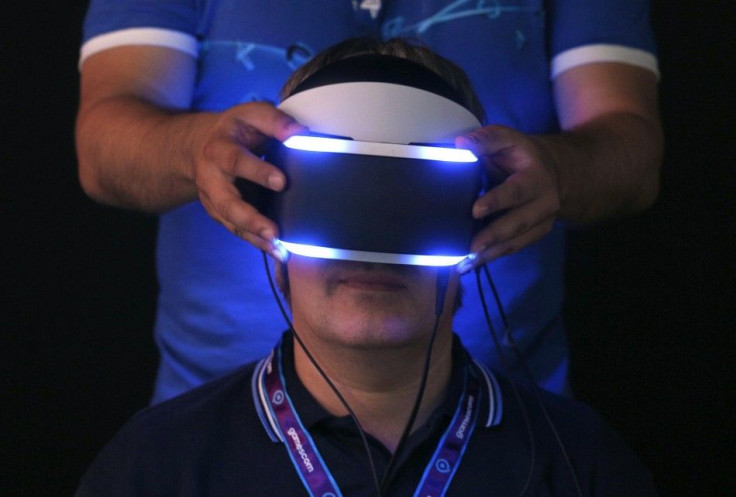HoloLens' Augmented Reality Roots Don't Prevent Microsoft From Jumping In The VR Fray

HoloLens' primary function is to serve as an augmented reality device overlaying holographs onto the real world, as opposed to virtual reality displays that are designed to take viewers out of it. Microsoft's project is very different from Oculus Rift, Samsung Gear VR, Sony Morpheus or HTC/Valve Vive VR headset. It was understood that the HoloLens augmented reality concept wouldn't be in direct competition with the current breed of VR devices. However, that doesn't seem to be the case, according to a latest statement from the Xbox One maker.
Speaking in an interview with Eurogamer, Head of Xbox Phil Spencer has stated Microsoft isn't giving up on virtual reality anytime soon. He termed the HoloLens' blend of augmented reality with virtual reality elements as mixed reality. Although the project differs from the traditional virtual reality approach, Spencer reiterated that still doesn't lock it out of competing with existing VR headsets in the market.
"I don't think we've locked ourselves out [of the virtual reality space]," said Spencer in an interview with Eurogamer. "We've looked at a mixed reality space that we could do with HoloLens and think about it as a unique set of features and technologies to enable, that doesn't preclude us from doing anything in the VR space either from a first-party or partnership perspective."
The Xbox boss hinted the company could possibly dabble in VR space either as a first-party player, much like Sony's efforts through the Morpheus VR headset. Alternatively, it could follow the lead of Valve and partner with another entity to create a competing virtual reality product. Valve had collaborated with HTC to create the Vive VR headset.
The head-mounted virtual reality display market is populated by major players such as Samsung, Sony, Facebook, Oculus VR, HTC and Valve. Microsoft's HoloLens project has been an outlier in a space teeming with manufacturers that are primarily focused on bringing the virtual reality experience to videogames.
Spencer took a more candid approach in the interview and admitted none of the players have unravelled the full potential of the platform. He believes the industry doesn't know what to do with the new technology, despite the wide range of exciting developments in the VR space. Praising the videogame industry for innovation, he stated his conviction that the tech industry hasn't entirely figured out how it is "going to go to market" with virtual reality.
Even as Microsoft appears ambivalent about the applications of VR head-mounted displays in the consumer space, the company expects to forge ahead ahead with the HoloLens endeavour, which looks promising since it has a definite timeframe and a clear plan for rolling out developer units. VC Post reports the company expects to market developer kits of the mixed reality device sometime within 2015. Experts have estimated the kits to be priced at less than $500.
In case you have any feedback or wish tip us off, the author can be contacted at nachiketpg13@hotmail.com.
Microsoft HoloLens - Possibilities (Credit: YouTube/Microsoft)





















